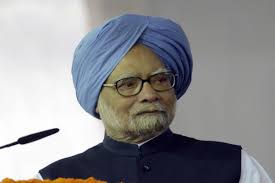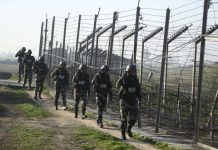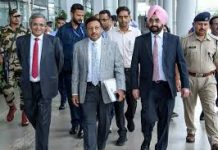
It is a lasting regret that many in India have vilified Dr. Manmohan Singh during his tenure as Prime Minister. In his final press conference in January 2014, he responded to criticism with remarkable grace, stating, “History will be kinder to me than the contemporary media.” Dr. Singh, who passed away at 92, leaves behind a legacy as the silent architect of India’s economic transformation—a transformation that reshaped the lives of millions of youth in post-liberalization India, though his contributions were often overshadowed by political discourse.
As a reporter, I had the privilege of interviewing Dr. Singh twice—first when he received the ‘FE Economist of the Year Award’ in Amritsar, while I was a Reporter with the Indian Express group, and later in 2016, as Editor at Tehelka, to mark the silver jubilee of India’s economic reforms. Dr. Singh was a figure of intellectual stature and quiet dignity. Despite holding high offices, he always carried his success with humility, perhaps influenced by the traumatic experiences of the Partition, which shaped his worldview on a deeper, subconscious level.
Dr. Singh was a class apart—a statesman who maintained his gentleness amidst the rough and tumble of Indian politics. In his final address to the nation as Prime Minister on May 17, 2014, he humbly stated that his tenure in public office was “an open book,” acknowledging the challenges he faced while remaining committed to working “with diligence as my tool, truth as my beacon.”
One of his greatest achievements was the enactment of the Right to Information Act in 2005. This landmark legislation transformed Indian democracy by empowering citizens and ensuring transparency in government functioning. Alongside this, the Mahatma Gandhi National Rural Employment Guarantee Act, introduced the same year, transformed rural India by providing livelihood security to millions.
Internationally, Dr. Singh’s leadership was equally transformative. His vision led to the India-US Civil Nuclear Deal, which redefined strategic relations between the two countries. Moreover, his decision to avoid retaliatory military action against Pakistan following the 2008 Mumbai attacks demonstrated a rare blend of wisdom and restraint, preventing another war between the nuclear-armed neighbors.
Dr. Singh’s political journey is best encapsulated by his famous speech as Finance Minister on July 24, 1991, when he quoted Victor Hugo: “No power on earth can stop an idea whose time has come.” Thirty years later, reflecting on the anniversary of India’s economic liberalization, he quoted Robert Frost: “But I have promises to keep, and miles to go before I sleep.” His legacy is far from finished.
As India faces growing challenges—such as the expanding smuggling networks exposed in Tehelka’s latest investigative report, “The Smuggling Cartel” by the Special Investigation Team- it is worth remembering Dr. Singh’s leadership in creating a more transparent, accountable, and inclusive India. His contributions were not always celebrated at the moment, but history will surely recognize him as one of India’s greatest statesmen.












